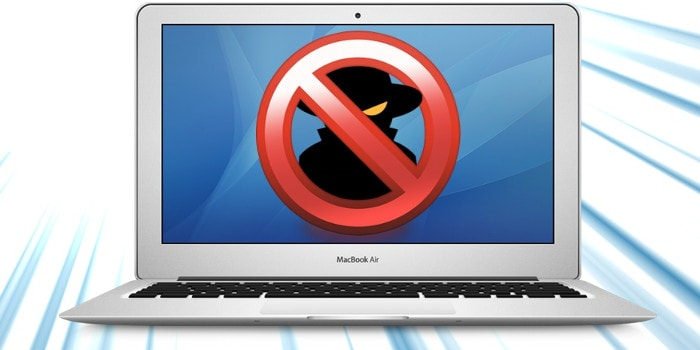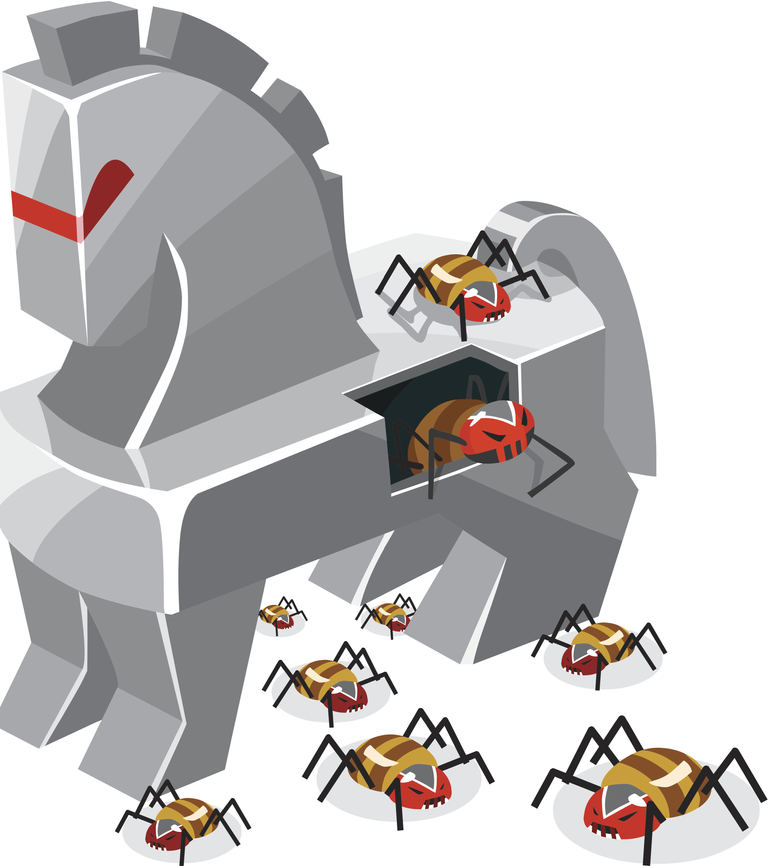Cyber warfare is a growing threat due to our ever increasing dependence on computers.
Everything Today is Interconnected
Everything is controlled by computers, from your smart refrigerator to power plants. Any computer can be hacked one way or another, it just requires the right tools.
Technology Continually Evolves
Technology is always evolving. Every month there is a new update to different versions of windows, osx, and different linux distros just to maintain a basic level of security. This does not protect you from everything (or in the case of windows, anything). Even with a full team making security updates 24/7 hackers will find exploits. The average company of 1000 employees spends 15 million dollars on cyber security a year, and that number is only increasing. Another major problem is it takes about 46 days for the average cyber security breach to be noticed. This gives the hacker ample time to infect multiple groups and attack all at once.
Forms and Uses of Cyber Attacks
Hackers hack for many different reasons. Many are employed by the government to spy on the people, some do it for personal gain, a few do it to show the world the truth, and a small percentage do it to prevent all the others from happening. The reason does not matter as one way or another they will be breaking your security with a set of carefully crafted tools.
The common types of malware are:
Virus
A virus attaches itself to a program and runs whenever the program does. It can travel from computer to computer when files are transferred.
Worms
Worms are some of the hardest to stop. Worms can spread from system to system without any human interaction.
Trojans
Trojans disguise themselves as one type of program, but are really a form of malware in disguise. These can come in the form of games or fake antiviruses.
Rootkits
Rootkits operate in the most basic systems on your computer. The only cure is to wipe your hard drive. They are by far the hardest to detect. They can be gotten through day 0 exploits, especially in the operating system.
Adware
Adware is the least dangerous but arguably worst of all types. Adware plays unwanted ads on your computer. This is by far the most annoying type.
Keylogger
A keylogger tracks every key you type, hoping to get lucky and find a credit card number or password to your bank account.
Spyware
Spyware is commonly employed by both governments and businesses. Spyware often includes a keylogger but also takes pictures/videos of your screen, camera, or anything else connected to your computer.
Ransomware
Ransomware encrypts your hard drive and sells you the decryption key.
The Outcomes of Infections
Hackers infect computers for a variety of different reasons.
Espionage
Every government wants to steal secrets of every other one, so espionage is common. Almost every government secret is on a computer somewhere.
Propaganda
Propaganda is a weapon used by the government and the ruling elite. Propaganda can spread quickly through a population once their belief in propaganda is greater than their understanding of fact. Creationism, climate change denial, and flat Earthers are examples of this. Propaganda can be subtle hacking to change the results of a google search and block certain websites (like in china). Propaganda doesn’t have to include hacking, but hacking helps.
Dos attacks
Denial of service attacks (Dos) are used to deny legitimate users from using a computer's resources. The most commonly used one is the Ddos or the Distributed denial of Service attack. The Ddos usually requires a botnet to send requests to the server. The server must respond to all of these requests, which slows the server down to a crawl. This effectively takes down a website or webserver for hours or even days.
Destruction
When infrastructure is connected to the internet it can be destroyed. Stuxnet is one of the most famous of these. It attacked Iran in an attempt to slow their nuclear program. The code attack centrifuges that aided in the enrichment of Uranium. Stuxnet forced the centrifuges to run fast enough that they broke, but report back as operational. This apparently ran on for months before it was found out, setting the nuclear program back by 2 years.
The Effects of Cyber Warfare
The internet is considered the 5th domain of war. This means that the internet is as critical in military operations as air, land, or sea. Cyber attacks are often launched in peacetime, out of sight of the citizens (you can see them realtime here). About 140 countries around the world are making cyber weapons. Cyber weapons are one of the few that can be used completely anonymously and are one of the cheapest military options. These combined make cyber attacks attractive for both large and small states.
The biggest problem with cyber warfare is that it can attack large groups of people easily. Infrastructure is the weak link in our security, for example, in the United States the power grid is especially vulnerable. Taking down a piece of the grid can overload other parts and cause a chain reaction, taking it down for most of the country. Other attacks can be sneakier and have a long term impact. An attack on the banking system in any country could easily send its economy into a death spiral. Now that the world economy is so interconnected that could end up crashing the world economy. The water supply in many countries can also be attacked. In most countries water pipes are controlled and monitored remotely, an attack could take out water for an entire city.
The fallout of cyber attacks has another major effect, new malware. Many hackers use already existing malware and just edit it slightly to suit their needs. Stuxnet infected a massive amount of computers all over the world and lasted years before it was found. In that time a clever hacker could have easily stolen the code and used it to steal credit cards or make a massive botnet. Often all somebody needs to do is scramble the code on existing malware to avoid most antivirus.
Avoiding malware is almost impossible. Linux is your best bet, but unknown exploits may still exist.



IF only we don't use computers...
I'm using a mechanical computer.
Disclaimer: I am just a bot trying to be helpful.
I thought this article was exactly the type of information that should be discussed more. The definitions and terms for Cyber security were very comprehensive and well thought out. I availed had to re-steem it, keep up the great work!!!
thanks!